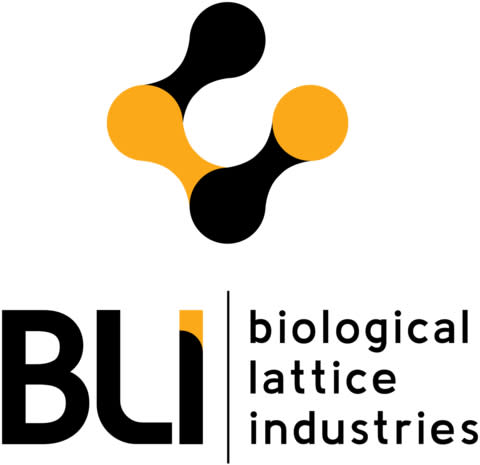BOSTON– Biological Lattice Industries Corp. (BLI), a leading innovator in biofabrication and life sciences R&D, today announced the successful closing of a $1.8 million pre-seed investment round led by Greek venture capital firm Uni.Fund. In conjunction with this funding announcement , BLI is introducing its first all-in-one solution for biofabrication: BioLoom™, BLI’s advanced multi-tool 3D bioprinter and Loominus Studio™, its unified software platform designed to revolutionize biofabrication workflows.
BLI, a US startup with R&D operations in Greece, aims to radically simplify biofabrication for the global R&D community by providing intelligent, automated tools that streamline the design, fabrication, and testing of biomaterials. Biomaterials are critical for a wide array of biological applications. The applications range from advanced 3D cell culture systems for human biology emulation to the next-generation of resorbable medical devices and drug delivery systems for tissue trauma repair.
“We are thrilled to partner with Uni.Fund to bring our vision of democratizing biofabrication to life,” said Filippos Tourlomousis, Founder and CEO of BLI. “This funding will allow us to accelerate the development of our unified platform, enabling researchers to work with greater precision, reproducibility, and efficiency.”
Loominus Studio: A Unified Platform for Biofabrication
Current biofabrication workflows often require the coordination of multiple protocols, parameters and instruments, none of which are integrated. Loominus Studio™, BLI’s software offering, integrates every aspect of the biofabrication workflow, from design to fabrication. This all-in-one solution allows researchers to automate complex workflows, improving reproducibility and reducing the effort required to optimize biofabrication processes.
“Loominus Studio represents a new standard in biofabrication, allowing labs to focus on innovation rather than the technical challenges of integration,” said Filippos Tourlomousis. “Our goal is to make biofabrication as simple and intuitive as possible, empowering researchers to break through technical barriers.”


